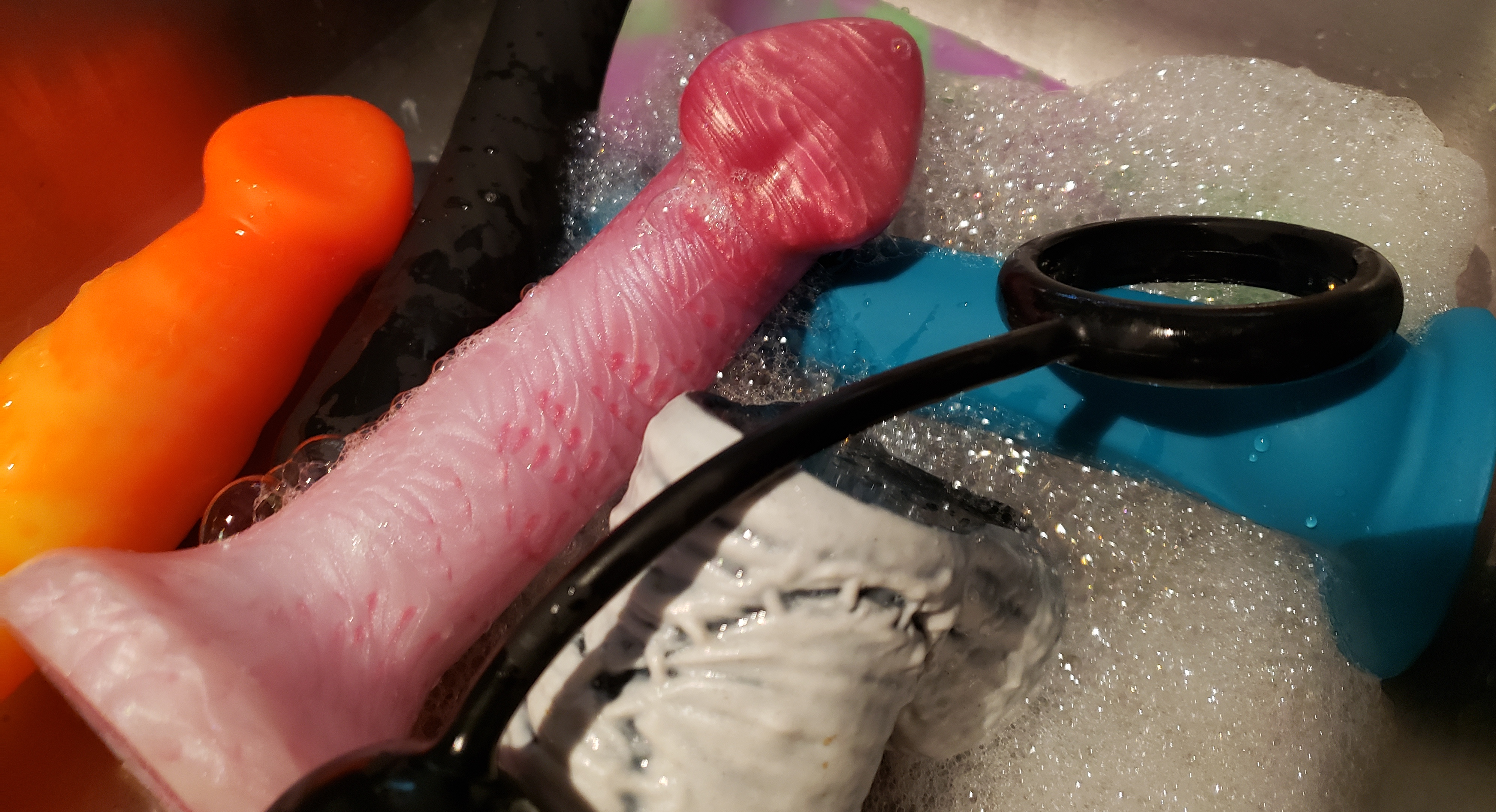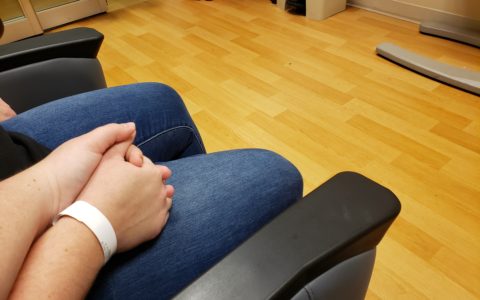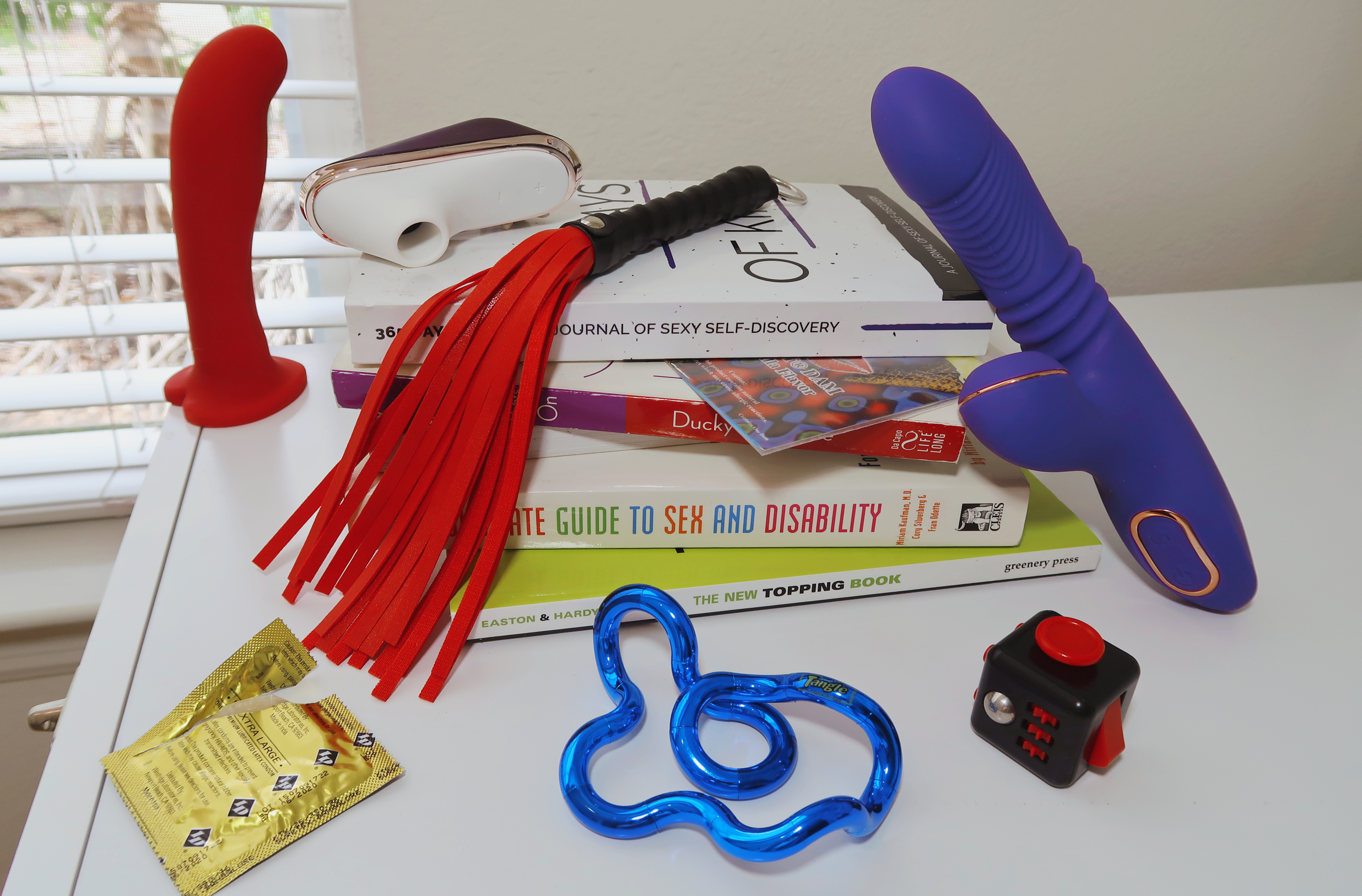Ah, Autism Awareness Month. A hellish four weeks of eugenics memes, quack theories, and ableist “autism parent” sob stories being all the rage on social media, further spreading misinformation that’s been intentionally perpetuated by self-promoting “charities” that disregard actual autistic voices… and just in time for spring! Snow melts, baby birds hatch, and allistics start up their bullshit in full force.
Autistics are regularly infantalized and othered by the organizations that claim to speak for us (they don’t), the cult-like cluster of attention-seeking caregivers who claim to be burdened by us (they’re not), “specialists” who claim to want to save/cure us (ABA is torture and autism isn’t a condition to be cured), and the media narratives that overwhelmingly overlook or erase us (we’re here and we’ve been speaking up for ourselves for decades.) It’s incredibly important to push back against these deliberately sustained mischaracterizations of autism with assertions of autistic agency.
In that spirit, April is also Autism Acceptance Month, the non-evil twin version of AAM. Autism Acceptance is exactly what it says on the tin: accepting autistic folks for who we are. But it’s also about fighting for our rights and celebrating us in the face of overwhelming public ignorance and bigotry. As the Autistic Self Advocacy Network notes, acceptance is an action. In April, actual autistic folks go #RedInstead (or #LightItUpGold) to combat Autism Speaks’ Light It Up Blue campaign in part by simply being visible. By being ourselves and not the voiceless blight on society that lie-peddlers would have you believe we are.
And I hope to add to that visibility through my blog.
Because although autism isn’t my blog’s topic of focus (sex and sex toys are), it’s an undivorceable aspect of my identity and it influences everything I experience and subsequently write about. It is referenced – often explicitly – in everything that I post, both because it’s so intrinsic and because I know it needs to be included. I need to be the voice that I tried so hard to hear in allistics’ experiences as an undiagnosed autistic fumbling my way through sex and relationships. I need to be an example for allistic readers who may have very ableist ideas about autism and how it intersects with sex. I need to connect and teach, just by sharing who I am. Because who I am is not infantile, tragic, or burdensome, and I’m only an ‘other’ in ableists’ narratives.
There are three main flavors of ableist pushback when it comes to talking about autism and sex: that any such discussion is inappropriate, that sex and autism are incompatible, or that autistics’ sex lives are somehow lacking. But these are all dehumanizing falsehoods. The first – that it’s “inappropriate” to even discuss – stems in part from the idea that most autistics are children (which is nonsense in and of itself because sex education shouldn’t be withheld from children anyway.) But the idea that the autistic population is nearly all children is ridiculous, as autism isn’t something someone grows out of – autistic children become autistic adults. At least 1 in 100 adults in the UK are autistic; here in the US, current diagnosis rates are about 1 in 68 children (who, again, grow into adults.) To shun the topic of autism and sexuality is to shun the agency of a very sizable chunk of the adult population.
It’s also often considered inappropriate because autistics – and disabled folks in general – are infantalized and thus dismissed as sexless, especially if we require any kind of accommodations in our daily lives. But disabled people can and do fuck – and yes, that does include developmentally disabled folks. No amount of shocked pearl-clutching or disbelieving chuckles from abled/allistic peers will change the fact that disabled people are whole humans, not broken half-humans where among the missing parts are the capacity for desire and being desirable ourselves. Disabled people are as sexually diverse as everyone else; we can be gay, ace, kinky, dominant, polyamorous, masochistic, sadistic, confident, shy, etc. It’s infuriating that it’s often such a revelation to non-disabled people, especially since 20% of the population is disabled.
Then there’s the misconception that autism and sex are inherently incompatible. Autistic folks often struggle the unwritten rules of socializing with allistic folks; a lot of us have trouble with things like eye contact, tonal inflections, coyness, small talk, picking up social cues, and interpreting body language. These social disadvantages are especially apparent in flirting, dating, maintaining romantic relationships, and negotiating sex. Whether we find them difficult to manage or simply too tedious to bother with, the nuances of allistic-styled socializing set us up to be interpreted as rude or disinterested at best; and since our varied ways of communicating and expression aren’t valued by our allistic peers, we haven’t really established a universal framework for flirting with other autistic folks either. (Though that is changing.) And while there are heaps of autistic adults carrying on sexually and/or romantically just fine (this year marks 13 years together with my non-autistic partner), our experiences aren’t valued by our allistic peers either and thus go unshared in an ocean of allistic love stories and allistic sordid sex tales. This results in the stereotype that autistic adults are either incapable or uninterested in establishing connections, sexual or otherwise.
This also smothers out the potential for candid discussions of how autism affects sex. I have thoughts (lots and lots of thoughts) on how my sensory processing both impedes and improves my sex life, how my rules-oriented brain thrives on the trappings of BDSM, how executive dysfunction sucks in general but especially when it comes to sex, and how my rejection of allistic social conventions has allowed me to embrace queerness and kink. But when autistic people are still trying to convince the rest of the world to see us as whole humans, capable of love and desire and success in our own ways, discussing the uniqueness of our sex lives feels as futile as yelling in a cave that only carries back its own echos and drowns out anything else.
But I’m nothing if not snarky, and the last main avenue of pushback I see is what often inspires me to dish on sex: that the sex autistic people are having is somehow substandard. This is the gross combination of ‘autism and sex are incompatible’ with the awareness that autistic humans are, you know, humans, and some humans choose to engage in sex. It is the unabashed sniggering or polite ableist suppositions of allistics who recognize that autistic people can fuck, but assume that said fucking must be clumsier, inefficient, less complicated, and less satisfying than “normal people” sex. I haven’t to my knowledge had sex with another autistic person, but I’ve been to bed with several allistic folks, and listen – y’all have no room to laugh or cringe at what you (ignorantly, incorrectly) assume an autistic person’s sexual capabilities are. No room.
I can spend three hours intently focused on a tangle jr, imagine what I could do spending three hours intently focused on your girl?
I am autistic. I’m also kinky, queer, and excited to blog about sex and sex toys. I don’t need your “awareness” and all the lies and misinformation that spreads with it. But I would like your acceptance. I would like your support. I would like to speak to and for the me of fifteen years ago who couldn’t find anyone like her. I would like to speak to autistic readers who might be as hungry as I am for our experiences to be put into words. I would like to speak to allistic readers who don’t know anything true about autistic people, or who have never listened to an actual autistic person. And I would like to speak for myself, for once.
Thank fuck April is over.
Do you have (respectful) questions about autism and sex? I will be starting a series on my experiences with everything from flirting to femdom and my thoughts on things like sex education and consent discussions for autistic folks. Drop a comment below or email me at bettybutch@yahoo.com and I’ll see if I can address your thoughts in an upcoming piece. And if you want to support my writing, you can always send me a tip!




1 Comment